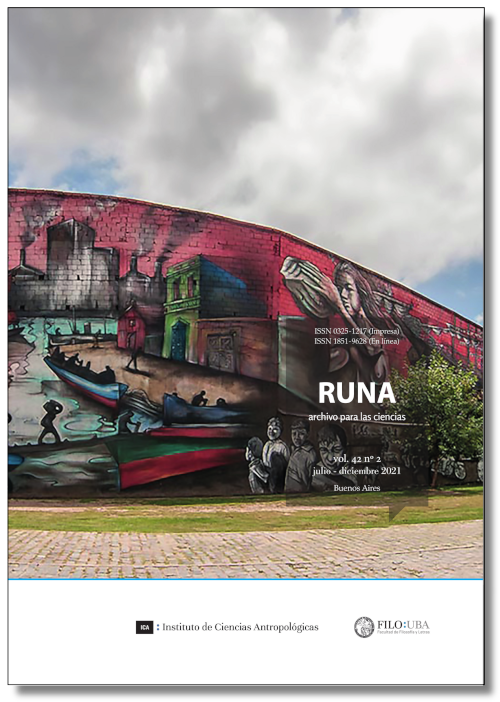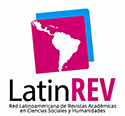Generation, a situated concept
Considerations from an ethnography with children and young people from congadas
Abstract
This article focuses on generation, social category of central analysis of sociology of childhood. The aim is to reflect on the term based on data from post-doctoral ethnographic research developed with children and young people from Congada de Santa Efigênia, from the city of Mogi das Cruzes, São Paulo, Brazil, between 2016 and 2018, within the scope of the School of Education of the University of São Paulo. As a result, we can better understand generation in the analysis of intergenerational relations marked by a strong sense of kinship that characterize the group. It points out the existence of two generations: a) apprentices - children and young people who, in the exchange of knowledge with b) their masters - composed of adults and elderly give meaning to their belonging to the Congada of Santa Efigênia, and we propose, therefore, comprehend generation within the contexts of life and related to them.Downloads

Runa, archivos para las ciencias is a publication of the Instituto de Ciencias Antropológicas, Facultad de Filosofía y Letras, Universidad de Buenos Aires and is distributed under a Creative Commons Attribution 4.0 International License.
Runa maintains its commitment to the policies of Open Access to scientific information, considering that both scientific publications and publicly funded research should circulate on the Internet freely, free of charge and without restrictions.
The contents and opinions expressed in published articles are the sole responsibility of their authors.



















